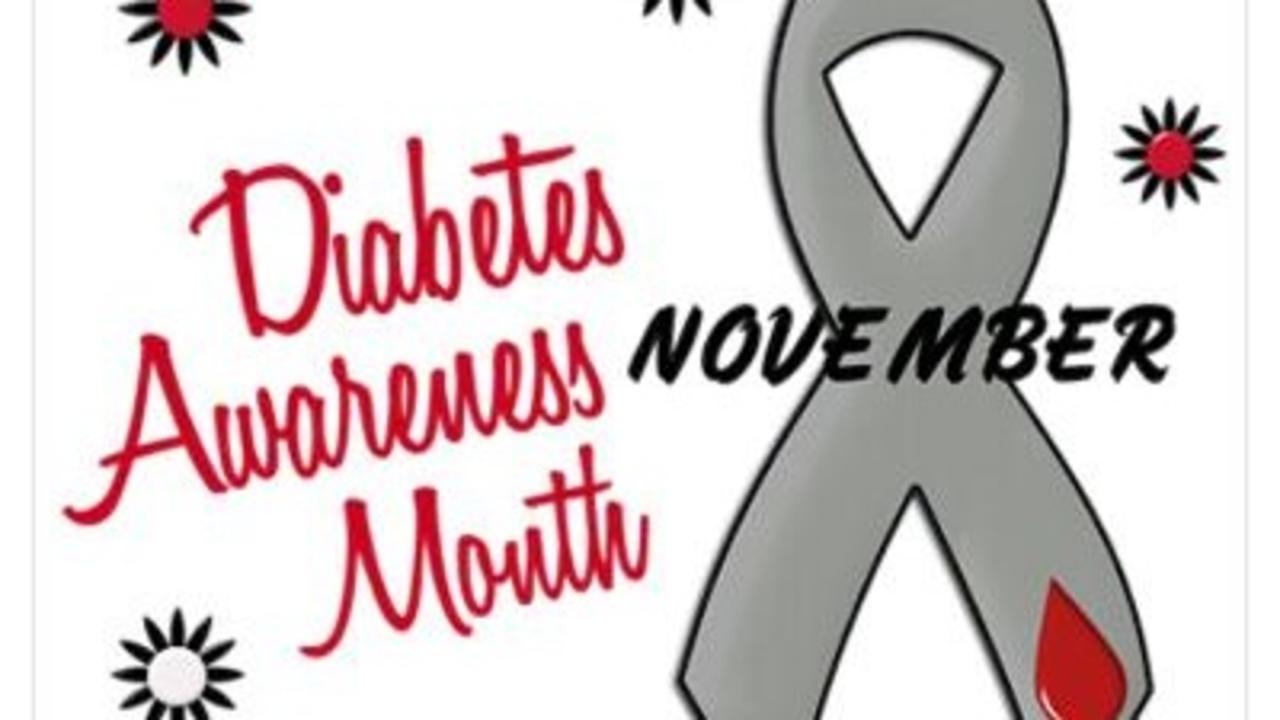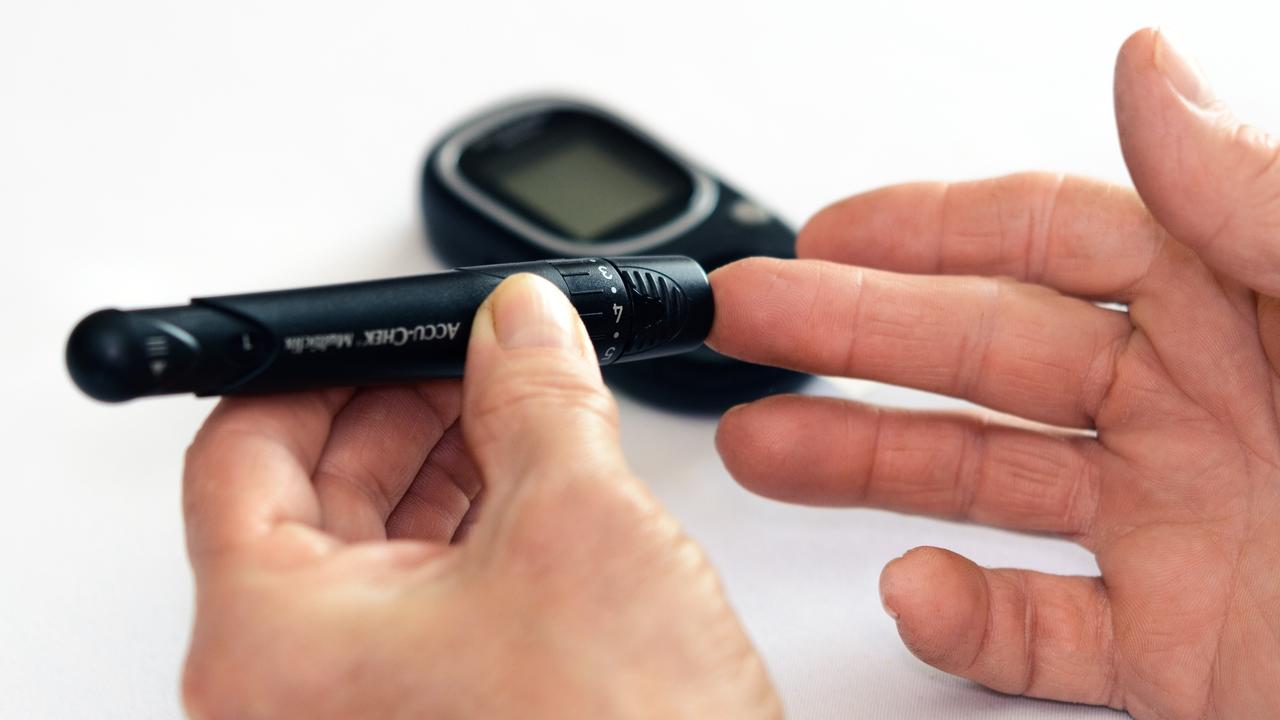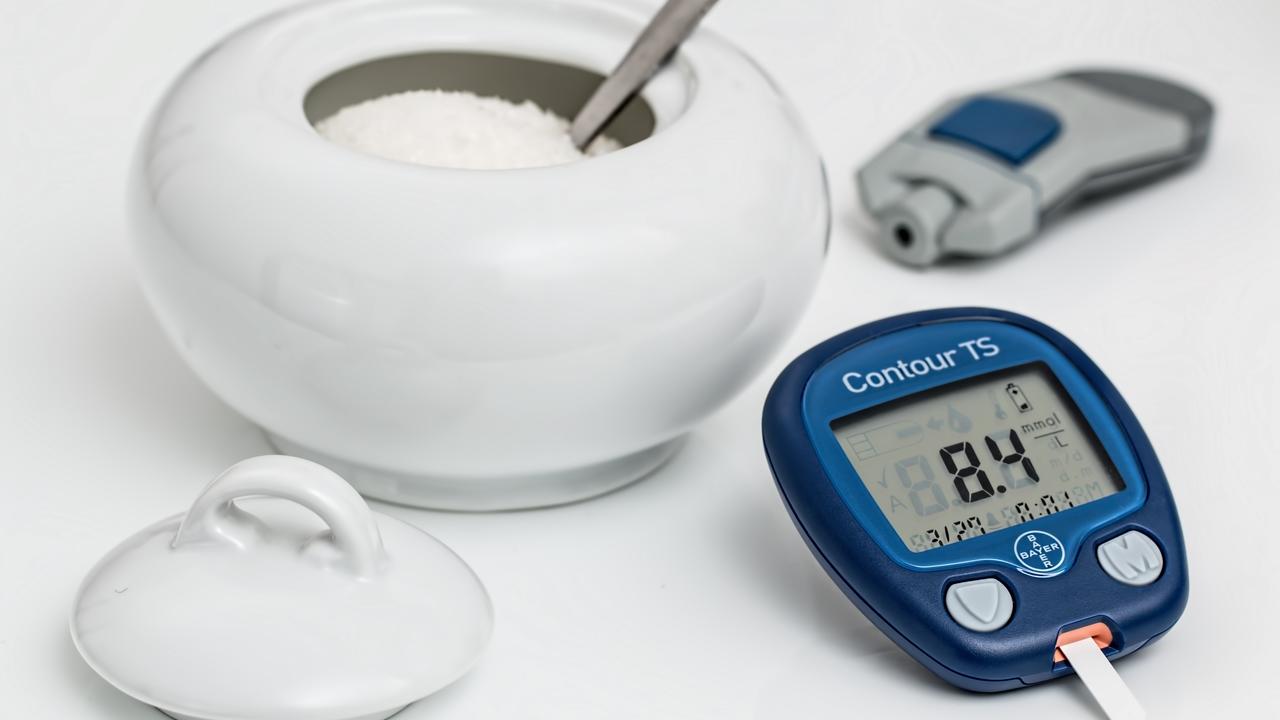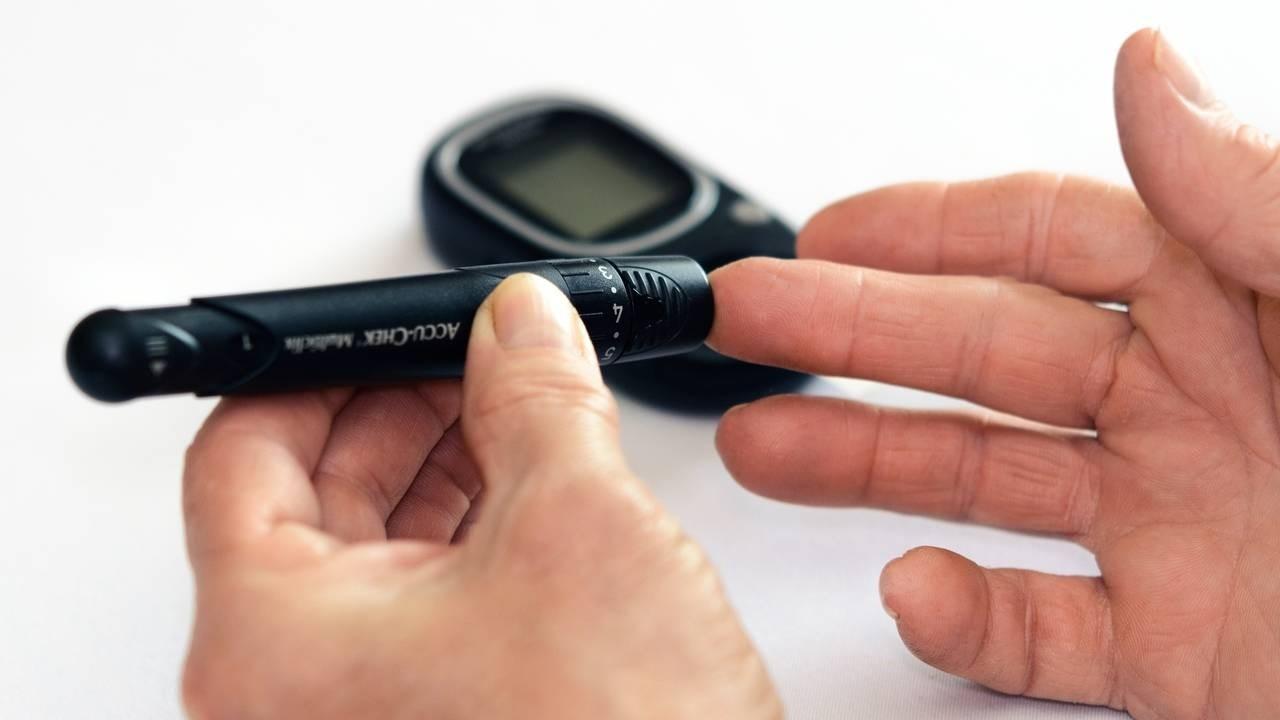Catching up with Karyn
A Day in the Life of Diabetes

 It's time to show the world what Diabetes looks like! I'm really excited about the American Diabetes Association's project, A Day in the Life of Diabetes, to demonstrate the increasing impact diabetes has on our families and communities nationwide. Successfully managing diabetes can be a herculean task, making what might seem like an otherwise ordinary life rather extraordinary.
It's time to show the world what Diabetes looks like! I'm really excited about the American Diabetes Association's project, A Day in the Life of Diabetes, to demonstrate the increasing impact diabetes has on our families and communities nationwide. Successfully managing diabetes can be a herculean task, making what might seem like an otherwise ordinary life rather extraordinary.
You are invited to share a personal image, on the Association’s Facebook page, representing what “A Day in the Life of Diabetes” means to them. The image can be a picture of themselves, someone they care about, or otherwise represent how the disease impacts their lives. The image will then make up a larger mosaic image that will embody the message of “A Day in the Life of Diabetes.”
What's So Funny About Diabetes: Laughter Yoga

Generally, I don't have a hard time convincing people to add the healing power of humor to their diabetes management routine. Unlike diet and exercise, laughing is actually fun. (Yes, I know there are people who will tell you there's nothing more fun than an invigorating spin class. I am not one of those people.) Still, there are times when it seems like there's nothing in your life worth laughing about.
My friends, this is what yoga laughter was made for. I encourage you to check laughter yoga out. If you ever need to put a smile on your face in a hurry, try this simple exercise from What's So Funny About Diabetes?: A Creative Approach to Coping with Your Disease. It's one of my absolute favorites:
Gradient Laughter
Start by smiling—then slowly begin to laugh with a gentle chuckle. Increase the intensity and volume of the laugh until you’ve achieved a hearty laugh. Then gradually bring the laugh back down to a smile again.
It sounds simple, right? Just try it. It's okay if you do ...
What's So Funny About Diabetes: Diabetes Awareness Month Starts Today!

An anxious woman called her doctor. "I'm diabetic and I'm afraid I've had too much sugar today," she said.
"Are you light-headed? " the nurse asked.
"No," the caller answered, "I'm a brunette".
Are you ready? November 1st marks the beginning of Diabetes Awareness Month! For the next 30 days, we're going to be featuring jokes, cartoons, and all types of diabetes-themed humor, designed to make you laugh. Laughter has a vital role to play in your diabetes management. When you laugh, your body responds in many ways: lowering blood pressure, increasing circulation, and minimizing post-meal blood sugar spikes. Enjoying humor is lots of fun - and it can actually make you feel better!
Humor helps:
- If you have Type 1 Diabetes
- If you have Type 2 Diabetes
- If you have Gestational Diabetes
- If you don't have diabetes at all - but you love someone who does!
In What's So Funny About Diabetes?: A Creative Approach to Coping with Your Disease you can read about how humor can help people wit...
Is Trying To Be Happy Stressing You Out?

 There's an important article by Brock Bastian, just now appearing in The Conversation, entitled "Is the promotion of happiness making us sad?" If you're living with diabetes, heart disease, or any other chronic condition, I'd really encourage you to take a look at it.
There's an important article by Brock Bastian, just now appearing in The Conversation, entitled "Is the promotion of happiness making us sad?" If you're living with diabetes, heart disease, or any other chronic condition, I'd really encourage you to take a look at it.
What you'll find there is an examination of the pursuit of happiness. Could anything be more American? We've even enshrined the words in our Declaration of Independence. We're a people that wants to be happy. If we're not happy, there's a tendency to pathologize that state - treating negative emotions as something that needs to be addressed with medication or therapy. Tremendous social pressure is placed on individuals to act as if they were happy, even if they're not. We're told to smile, and the whole world smiles with you.
Yet it turns out that the unrelenting pursuit of happiness, to the extent that it crowds out any other emotional state, such as sorrow or anxiety, can be counterproductive. Bastian's research indic...
What's So Funny About Diabetes: Keeping Perspective


"Diabetes screening may not lower overall death rate!" the headline screams, reporting the latest insights from a 10-year British study. This is the type of headline that highlights the value of humor. It's way too easy to get depressed when all the messaging you hear is negative and downbeat. This takes a toll on your emotional health, obviously, and it can be bad news for your physical well-being.
Feelings of despair, hopelessness, fear, and frustration can manifest as cardiac problems. Sustained emotional stress has long been identified as a factor in cardiac disease. As you know, as a person with diabetes, you're already at higher risk for heart disease, and more serious heart disease, than a person who doesn't have diabetes. (You may have heard the term Diabetic Heart Disease. You can learn more about that here.)
Humor and Healing: Understanding Sarcasm and Dark Humor
You can use humor to help counter the feelings of depression and anxiety that can arise upon reading gloom ...
Does Humor Really Make Coping With Cancer Easier?

This morning, I read a powerful piece in the Chicago Tribune Written by Liz Brown, When Funny Business Crosses The Punch Line is an intimate, personal examination of the role humor had in Liz's life as she supported her sister Lynn through her battle with breast cancer.
What's fascinating here is that even though Liz admits she often 'veers toward humor' when coping with life's challenges, there were times - especially after her sister passed away - when the funny t-shirts and jokes provoked emotions other than amusement. She responded more favorably to some humor than others and noted that her enjoyment was related in part to who was sharing the humor. A funny t-shirt worn by a woman who survived breast cancer provoked some smiles; a sign held by a teenage boy who appeared to be a relatively disinterested party, not so much.
Humor and Healing: Understanding the Power of the Bond
This is a good illustration of how important the bond between individuals becomes when humor is involve...
What's So Funny About Invisible Disabilities?

 Humor can make life with a chronic illness or invisible disability a little easier and a whole lot more fun.
Humor can make life with a chronic illness or invisible disability a little easier and a whole lot more fun.
Humor and Healing: What The Science Tells Us
Psychoneuroimmunologists are doing amazing research on the ways our bodies and minds interact with each other, and the role our emotional state has on the way we feel. This is critical information to have if you're dealing with a condition that causes chronic pain and elevates your stress levels. Both chronic pain and high stress levels can contribute negatively to high blood pressure, elevated blood glucose levels, and other conditions that can complicate an already challenging health situation.
Humor is an all-natural, safe, proven, and effective way to lower stress levels and reduce the impact of chronic pain on the body. During the chat, we'll be talking about the biomechanics of how that works, as well as sharing some practical, easy ways you can start enjoying the healing benefits of humor.
It's More Important To SEE Funny ...
What's So Funny About Blood Sugar Control?

 For a long time, we've heard that too much sugar can make you larger. But did you know that too much sugar can also make you smaller? Researchers from the Australia National University have found that people who consistently experience high blood sugar levels (although not necessarily high enough to trigger concerns of diabetes or even pre-diabetes) are more likely to experience shrinkage of the hippocampus and amygdala.The health and size of these two brain structures has significant bearing on the development of many cognitive concerns, including Alzheimer's and dementia.
For a long time, we've heard that too much sugar can make you larger. But did you know that too much sugar can also make you smaller? Researchers from the Australia National University have found that people who consistently experience high blood sugar levels (although not necessarily high enough to trigger concerns of diabetes or even pre-diabetes) are more likely to experience shrinkage of the hippocampus and amygdala.The health and size of these two brain structures has significant bearing on the development of many cognitive concerns, including Alzheimer's and dementia.
In other words, blood sugar control is not just for diabetics anymore! Keeping your blood sugars in the ideal range (this varies, of course, with individual circumstances, but numbers between 80-100 are good to see!) is great news for anyone who wants to protect their mental health and intellectual agility.
There are many ways to control your blood sugar. Watching your diet and exercising regularly can do great th...
What's So Funny About Diabetes: Go For the Gold

I admit it: I’m an Olympics junkie! Right now, as I’m writing these words, they’re showing Usian Bolt receive the Gold Medal. He has once again been recognized as the world’s fastest man. And let us give credit where credit is due: running 100 meters in less than 10 seconds is pretty amazing!
Do you know what else is amazing? Successfully managing your diabetes, day in and day out, week after week, month after month, year after year after year. We hear so much about the dedication and determination of Olympic athletes – but hardly a peep about the drive, skill, and strength it takes to take care of yourself when you have diabetes.
Well, that’s enough of that! Today, in honor of the Olympic Games, I invite you to award yourself with an honorary Gold Medal. You may not be running 100 meters in 10 seconds – but you’re running a marathon race against your pancreas, and it never ever stops.
The good news is that you’re winning. When it comes to taking care of your health, nobody wants i...
What's So Funny About Alzheimer's? One for the Caregivers

 I think that one of the hardest things for any of us who has cared for a parent or loved one with Alzheimer's Disease is the knowledge that the condition has a genetic component. It's one thing to be there, helping someone else navigate once-familiar neighborhoods or making sure they've remembered to shut the front door. It's another thing entirely to contemplate needing that type of assistance ourselves. Caring for my mother made me think about my own future in a way I never really had before. Perhaps you've experienced the same thing.
I think that one of the hardest things for any of us who has cared for a parent or loved one with Alzheimer's Disease is the knowledge that the condition has a genetic component. It's one thing to be there, helping someone else navigate once-familiar neighborhoods or making sure they've remembered to shut the front door. It's another thing entirely to contemplate needing that type of assistance ourselves. Caring for my mother made me think about my own future in a way I never really had before. Perhaps you've experienced the same thing.
How Humor Helps Caregivers: Facing the Future
None of us know the future in advance. We can't peek around tomorrow's corner and see what is going to happen. Every day, it seems, medical science has a new theory on what factors contribute to Alzheimer's. A week doesn't go by that we're not told about the preventative measures we should be taking to stave off the disease.
The last time I checked, that meant more red wine, more chocolate, less red meat,...

